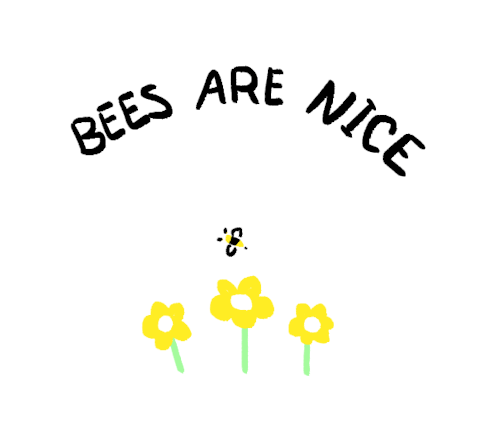
why do we need bees?
there are around 30,000 species of bees, all of which are plant pollinators. pollination is vital to the maintenance of biodiversity.
*pollination is the carrying of pollen grains for fertilisation*
around 90% of flowering plants are pollinated by pollinators. without them, there would be a huge impact on biodiversity...

in nature:
a bee's ecological niche includes interactions like being food for other animals and consuming nectar and pollen, but most importantly bees pollinate plants.
without bees, plants they pollinate would have a much slower regrowth rate. primary consumers would lose a majority of their food source, causing their populations to decrease. this causes a negative cascading effect to all the trophic levels, decreasing biodiversity in an ecosystem overall.
bees are important pollinators
animals that prey on bees and consume bee products (like honey) will also be affected by this declining population.
impact on humans:
Around 100 important crops are pollinated by honey bees. Even plants that are not grown for their fruits require pollination in order to propagate them by seed. Honey bees add an estimated $5 billion to the Canadian economy each year in crop yields. The total value of honey also added up to $159 million in 2016.
More than one of every three bites of food we eat or beverages we drink are because of pollinators. Indirectly, pollinators ultimately play a role in the majority of what we consume.


image source: The British Beekeepers Association

